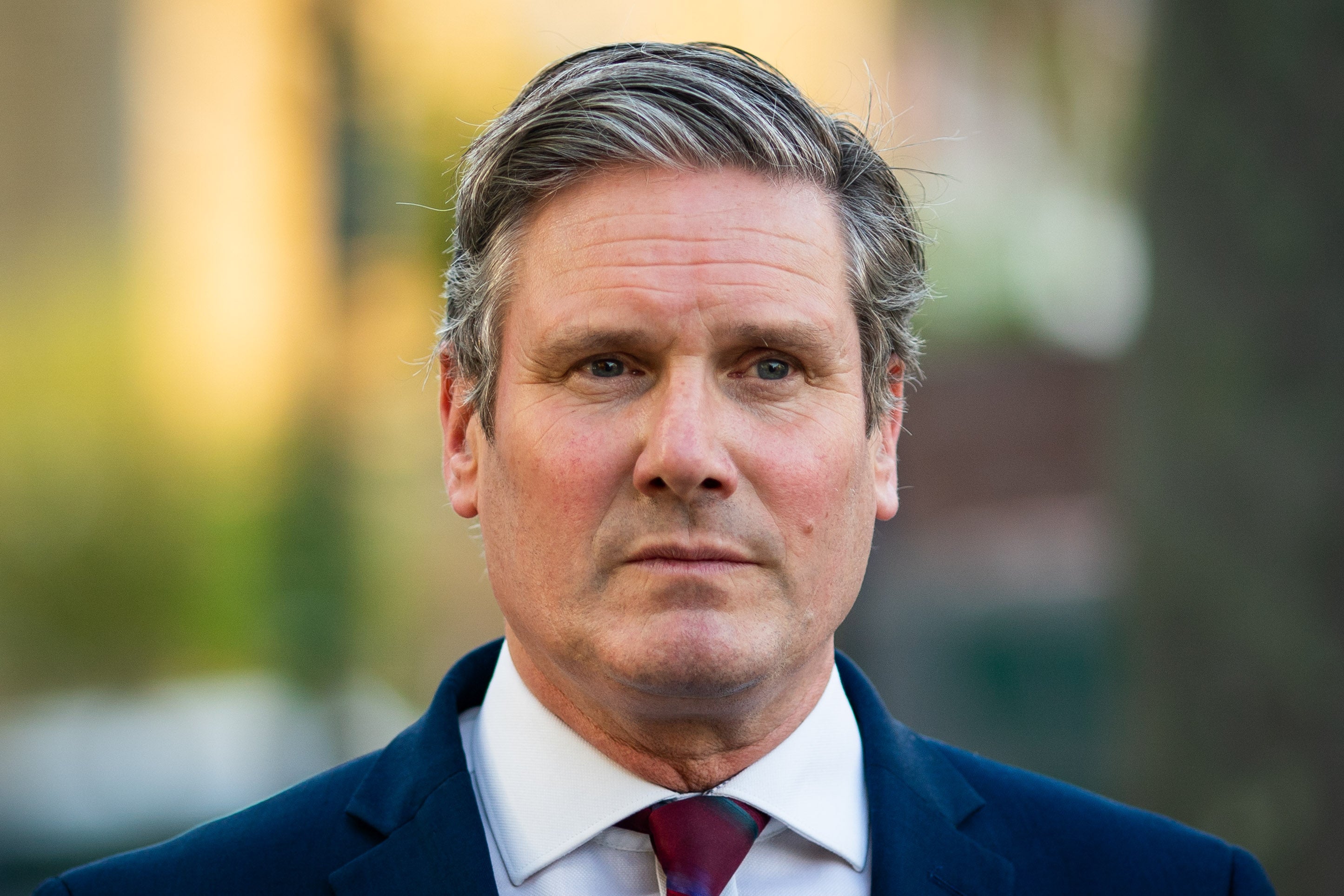Keir Starmer defends honours system after Labour frontbencher criticises British Empire ‘branding’
Shadow education secretary said empire is 'really the wrong language - it's divisive, it's offensive, it’s hurtful to people.

Your support helps us to tell the story
From reproductive rights to climate change to Big Tech, The Independent is on the ground when the story is developing. Whether it's investigating the financials of Elon Musk's pro-Trump PAC or producing our latest documentary, 'The A Word', which shines a light on the American women fighting for reproductive rights, we know how important it is to parse out the facts from the messaging.
At such a critical moment in US history, we need reporters on the ground. Your donation allows us to keep sending journalists to speak to both sides of the story.
The Independent is trusted by Americans across the entire political spectrum. And unlike many other quality news outlets, we choose not to lock Americans out of our reporting and analysis with paywalls. We believe quality journalism should be available to everyone, paid for by those who can afford it.
Your support makes all the difference.Sir Keir Starmer has defended the honours system after one of his frontbenchers said the titles associated with the British Empire were “offensive and decisive” and called for reform.
Critics of the system, including the senior Labour frontbencher Lisa Nandy, have previously suggested the word “empire” in the orders of the British Empire to be replaced with “excellence”.
Speaking at the weekend Kate Green, the shadow education secretary, echoed the calls as she criticised the “branding” of the system with colonial terms, saying it was the “wrong language”.
The accolades consist of different ranks, including knight, dame, commander of the British Empire, officer of the British Empire and member of the British Empire and are typically awarded during a ceremony at Buckingham Palace.
Sir Keir, who was knighted for services to law and criminal justice due to his work as director of public prosecutions in 2014, added he would speak to Ms Green about her criticism of the honours systems.
Asked on LBC Radio if he found the awards offensive and decisive, the Labour leader said: “No I don’t.
“Whenever I see the honours list I go through the list and look at who they are and what they're getting it for and it's really interesting to see the people who've – charitable work, public service – the things that people have put in that they get rewarded for and I think that's a good thing."
Ms Green, who was herself made an OBE in recognition of her charitable work in the 2005 New Year Honours list, said there is "more reform" needed of the system.
Asked on the BBC's Political Thinking podcast if the honour should continue to be called Order of the British Empire, she said: “No, it's really the wrong language - it's divisive, it's offensive, it’s hurtful to people.
"One of the things I've been looking at a lot in recent weeks is the black curriculum campaign and decolonising our history and actually our whole curriculum. You can't excuse or justify that branding, but actually it's deeper than that.
"I know many efforts have been made to democratise and open up that honours system but it's still pretty hierarchical of who gets what. There's a lot more reform that's needed."
During the contest to succeed Jeremy Corbyn as Labour leader, Ms Nandy, who now sits on Sir Keir’s frontbench as shadow foreign secretary, also pledged to overhaul the honours system by removing mention to the British Empire.
“As prime minister I would give everyone receiving an honour the choice to receive an Order of British Excellence,” she pledged at the time.
Citing Benjamin Zephaniah, the poet who rejected an OBE in 2003, as being among many individuals who have rejected the awards because of the association with the empire and its history of slavery, she added: “The honours system, which should recognise the contribution of our people, shuts people out, rather than bringing them in.”
In response to Ms Green’s comments, the Conservatives co-chair Amanda Milling said: “The names given to our national honours reflect this country’s history and traditions.
“We should not abandon them, just as we shouldn’t rename the Victoria Line, the Royal Albert Hall, or the Imperial War Museum, or tear down the countless public monuments statues and landmarks that tell the story of our United Kingdom. To do so would be an act of cultural and historic vandalism.”


Join our commenting forum
Join thought-provoking conversations, follow other Independent readers and see their replies
Comments